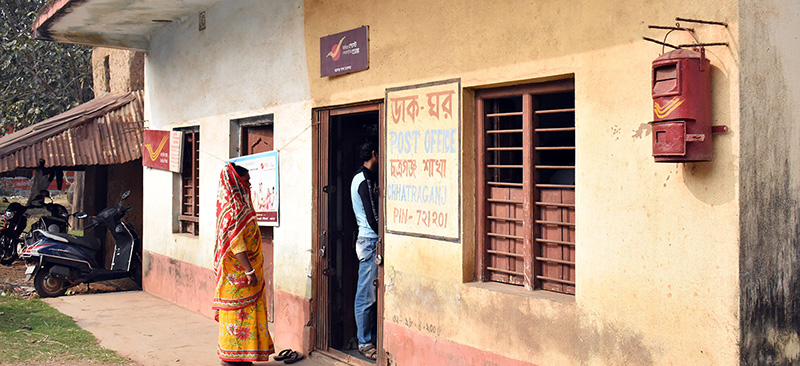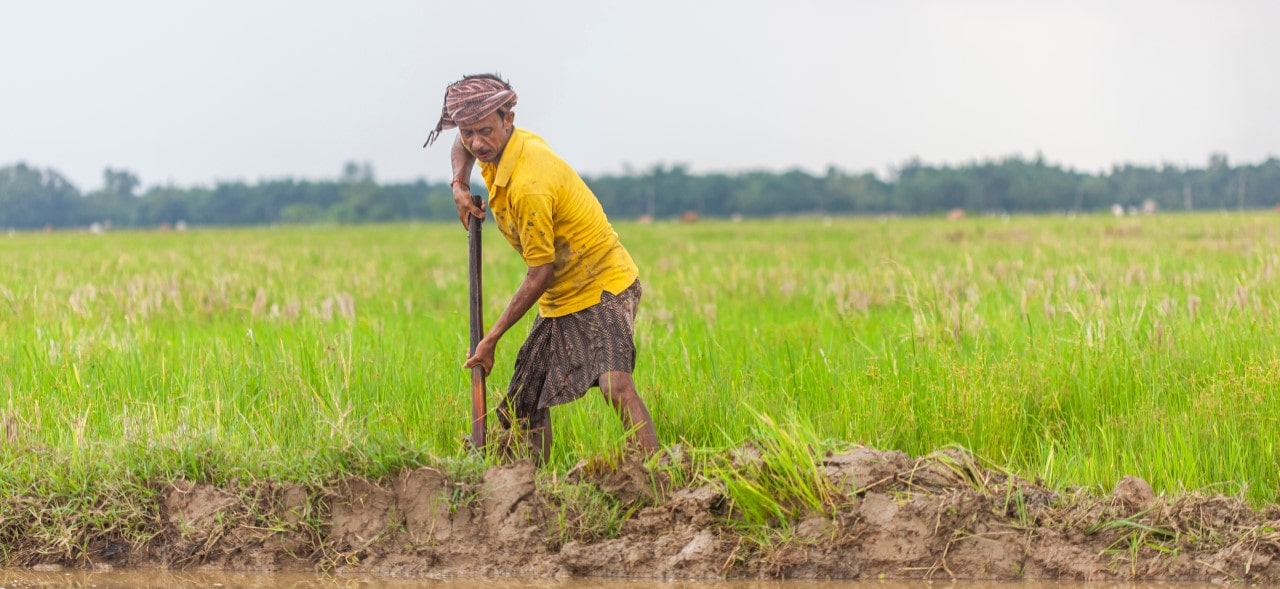
Indonesia’s high internet penetration rate makes it an attractive market for digital financial services. The Financial Services Authority (OJK) regulates banking, capital markets, and non-bank financial sectors. OJK and regulated entities can benefit from powerful tools for oversight and compliance, with emerging technologies, such as AI and big data analytics.
In 2019, OJK launched a strategic roadmap for RegTech and SupTech implementation with support from the Gates Foundation’s RegTech Lab and MSC. The roadmap outlined OJK’s vision and priorities to accelerate the development of Regtech and Suptech ecosystem in Indonesia. Additionally, MSC also helped OJK build and test two SupTech solutions to strengthen consumer protection in the financial services sector. OJK oversees 2,500+ institutions. It has been witnessing a rise in consumer complaints, particularly related to digital financial services. MSC collaborated with OJK to build a tool to automate the analysis of consumer sentiments on social media and an omnichannel chatbot that consumers can use to make complaints to OJK. These initiatives are instrumental in raising OJK’s capacities to monitor and supervise the efficient delivery of digital financial services and are a key SupTech priority of the future.

A notable development in Indonesia in recent years has been the rapid growth of FinTech lending, especially for microenterprises. While the number of female borrowers has increased, instances where women fall prey to predatory lending practices by FinTech lenders have risen. MSC, in collaboration with the University of Indonesia, conducted a study to examine the risks faced by women in the online lending ecosystem. The research involved in-depth interviews with female victims who had experienced harassment from both legal and illegal digital credit providers. The research team also conducted interviews with representatives from the Indonesian Joint Funding Fintech Association (AFPI), the Indonesian Sharia FinTech Association (AFSI), and key stakeholders from the Financial Services Authority (OJK), the Task Force Investment Alert (SWI), Kominfo, KPPPA, and the Cyber Crime Unit-Polda Metro Jaya. These interviews intended to gather perspectives from business actors (FinTech association representatives) and policymakers. The study provided valuable insights into the challenges and harassment faced by women at every stage of accessing loans from digital lenders, from sourcing to defaults. Additionally, the report presented recommendations to strengthen the regulatory and policy framework to protect female consumers and enhance responsible digital credit practices.

The Responsible Finance Project contracted MSC to refine client orientation and protection training materials. MSC was also tasked to train field and frontline staff, senior managers, and board members of 38 MFIs in Ghana. The comprehensive curriculum covered customer service, consumer protection, financial education, and product marketing. MSC successfully refined existing materials, developed targeted content, and trained the MFIs. Additionally, MSC built the capacity of trainers from microfinance apex associations and improved their knowledge in customer service, financial education, marketing, and consumer protection. The training received excellent ratings and led to a significant increase in knowledge by an average of 26%.

Access to finance is crucial for financial inclusion. Digital platforms enable the rollout of innovative financial products, such as digital credit in Kenya, which led to increased uptake due to easy access and quick application processes. However, the credit bureau blacklisted clients who had loans unpaid for more than 90 days. BMGF funded a study focused on access and loan term transparency to understand the high default rate. MSC conducted market research, qualitative studies, and data analysis. The study yielded recommendations for effective and sustainable digital credit. As part of the study, the MSC team prepared the research, reviewed the literature, held stakeholder discussions, and generated a concept note.

Customer protection is crucial for improving customer service and experience. MSC thoroughly researched IPPB’s customer protection policies and complaint resolution system. MSC conducted stakeholder consultations with IPPB teams to identify areas and branches with high complaint cases. MSC also conducted primary research with customers and branch officers in different parts of India to understand the gaps and opportunities to improve customer protection policies for IPPB. The recommendations were used to re-engineer the customer protection policies at IPPB.

Climate change is already altering weather patterns in the fertile plains of Bihar. These changes are wreaking havoc on the livelihoods of smallholder farmers. Our study on the impact of climate change on smallholders and their coping strategies elicits how the poor and vulnerable smallholder communities in Bihar are coping with declining marginal returns from cropping and how institutional interventions and financial services can strengthen their resilience against the impact of climate change.
Related documents
The impact of climate change and coping strategies adopted by smallholder farmers in Bihar
Seven factors that determine the resilience and adaptive ability of smallholder farmers in Bihar
The impact of climate change on farmers in Bihar and how farmer producer organizations can help them adapt
Smallholder farmers’ climate-resilience index





